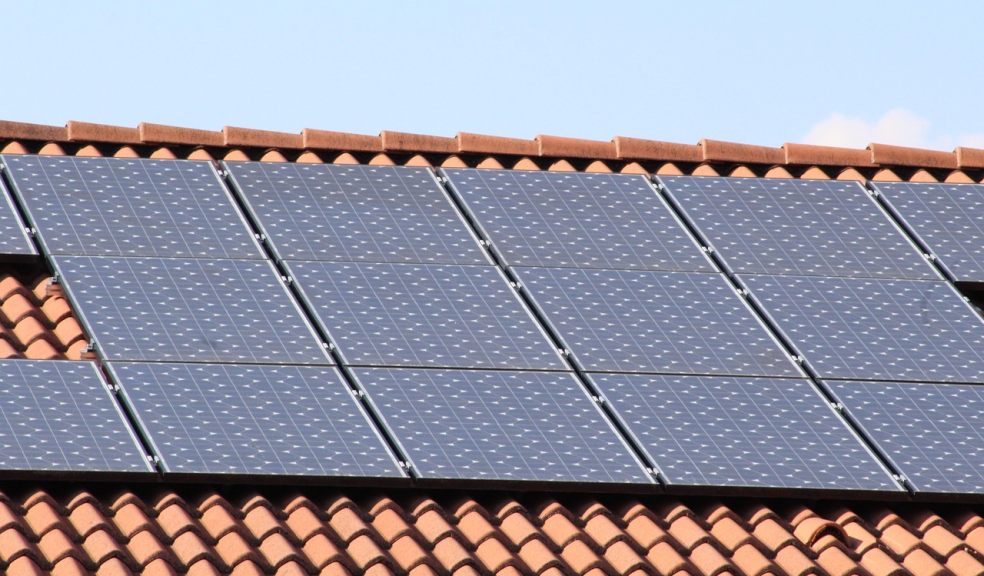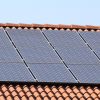
How Increasing the Installation of Solar Panels in Dublin Can Help Families with Rising Energy Bills
In recent years, Dublin households have been facing rapidly increasing energy costs. Fuel, gas and electricity prices have risen sharply, driven by global supply constraints, volatile markets, and policy shifts toward decarbonisation. For many families, this means choosing between heating, lighting, or other essentials. One solution that is gaining momentum is solar photovoltaic (PV) systems. By generating electricity locally from sunlight, solar panels offer both immediate and long‑term relief from energy costs. This read examines how solar can help Dublin families, what incentives exist, the financial and practical challenges, and what households should consider when deciding to invest in solar panels.
Energy Bill Pressures in Dublin
Electricity and heating costs in Dublin have been under pressure for several reasons. Global energy markets, including fossil fuels and gas, remain unpredictable. Transmission costs, carbon‑pricing mechanisms, inflation, and maintenance of ageing grid infrastructure further add to consumer bills. Also, with many households transitioning to electric heating or electric vehicles, the demand on electricity is rising, making households more sensitive to retail electricity tariff increases.
For average homes, even small percentage increases in unit cost translate into significant extra outlay over a year. Many families are now seeking ways to reduce dependency on the grid, stabilise their monthly bills, and avoid exposure to future price shocks. Solar PV offers one method of achieving part of that.
How Solar PV Helps Reduce Energy Costs
1. Self‑Generation and Reduced Grid Dependence
The primary way solar panels benefit homeowners is through generating electricity during daylight hours, which offsets the need to draw power from the grid. Even though Ireland is not known for constant sunshine, solar PV systems produce electricity even in diffused light. Families who use electricity during the day—such as for lighting, appliances, charging EVs, or heating water—can significantly lower what they buy from the utility.
By reducing grid consumption, households avoid paying full retail prices, which tend to be higher and more volatile. Also, when electricity prices spike, the proportion of energy generated via solar becomes more valuable, insulating consumers from those sharp increases.
2. Exporting Excess Electricity & Credit Schemes
If a household’s solar PV system produces more electricity than is used immediately, some of that can often be exported back to the grid (or credited in various schemes). While the rates paid for exported electricity are usually lower than retail price, they still provide a useful offset to bills. Over time, this additional income or credit helps improve the return on investment for a solar system.
3. Long‑Term Savings & Payback Period
Though upfront costs for panels, inverters, mounting hardware, and installation can be significant, solar systems typically pay for themselves within a period of years, after which the energy produced is effectively free (aside from occasional maintenance). Studies suggest that over a 20‑25 year lifespan, net savings run into the tens of thousands of euros for many households. Once the system is paid off, families enjoy year after year of lower or even minimal energy bills, assuming the system works well.
4. Mitigating Inflation and Price Volatility
Electricity prices tend to rise over time, often unpredictably. Solar installations, while having an upfront and some maintenance cost, provide a stable source of electricity which is relatively immune to external price shocks (fuel cost, international supply, etc.) according to MMK Solar Dublin. This makes solar PV an effective hedge against inflation in energy costs.
Incentives and Supports Available in Dublin / Ireland
For many families the key question is: how can the expense of installing solar be made more affordable? The Irish government and related bodies offer several supports.
SEAI Solar PV Grant
The Sustainable Energy Authority of Ireland (SEAI) offers a grant scheme to help homeowners with the upfront costs of installing solar PV systems. As of 2025, the maximum grant available is **€1,800** for residential systems, subject to certain eligibility criteria. The grant is calculated based on kilowatt‑peak (kWp) capacity: a certain amount per kWp for the first few kW, then lower grant per additional kW, up to a capped system size.
Zero VAT on Solar Installations
Since May 2023, solar panel installations in Ireland are eligible for 0% VAT which reduces the upfront cost. This applies to panels, labour, wiring, etc. The removal of VAT can reduce the cost by roughly 11‑12%, depending on the total system price.
Micro‑generation Support Scheme & Export Credit
Under the broader Microgeneration Support Scheme, homeowners may receive payment or credit for excess generation. The rate for exported electricity (per kWh) contributes to savings.
Social and Environmental Co‑benefits
Beyond direct financial savings for families, increasing installation of solar PV in Dublin produces wider benefits.
1. Reduced Carbon Footprint
By replacing electricity from fossil fuels, solar PV systems reduce greenhouse gas emissions, helping Ireland meet its climate targets. For households, this means contributing to cleaner air and more sustainable energy systems. It is not just a cost saving but part of environmental responsibility.
2. Improved Energy Resilience
Distributed energy generation (many homes producing their own electricity) adds resilience to the electricity grid. During periods of high demand, distributed solar generation can reduce load on the grid, potentially lowering risks of outages or steep price spikes. For communities, this distributed model helps spread risk.
3. Rising Property Values
Home renewable energy upgrades often enjoy improved resale value. Solar‑equipped properties are increasingly attractive to buyers who expect both lower running costs and modern, green credentials. Energy performance ratings (BER ratings in Ireland) may also improve with solar installations, which can be a factor in property markets.
The Takeaway
As energy bills continue to rise, solar photovoltaic systems represent one of the most promising tools for Dublin households to regain control over household energy spending. With government support in the form of grants (SEAI), VAT relief, export credits and rising electricity prices, the financial case for investing in solar is becoming stronger. While there are upfront costs, architectural and weather considerations, and maintenance to think through, the long‑term savings, environmental gains and increased energy resilience make it a compelling option. For many families, especially those who manage usage well during daylight hours or combine panels with storage, solar PV offers not just relief from energy bills but a path toward greater energy independence and sustainability.




















